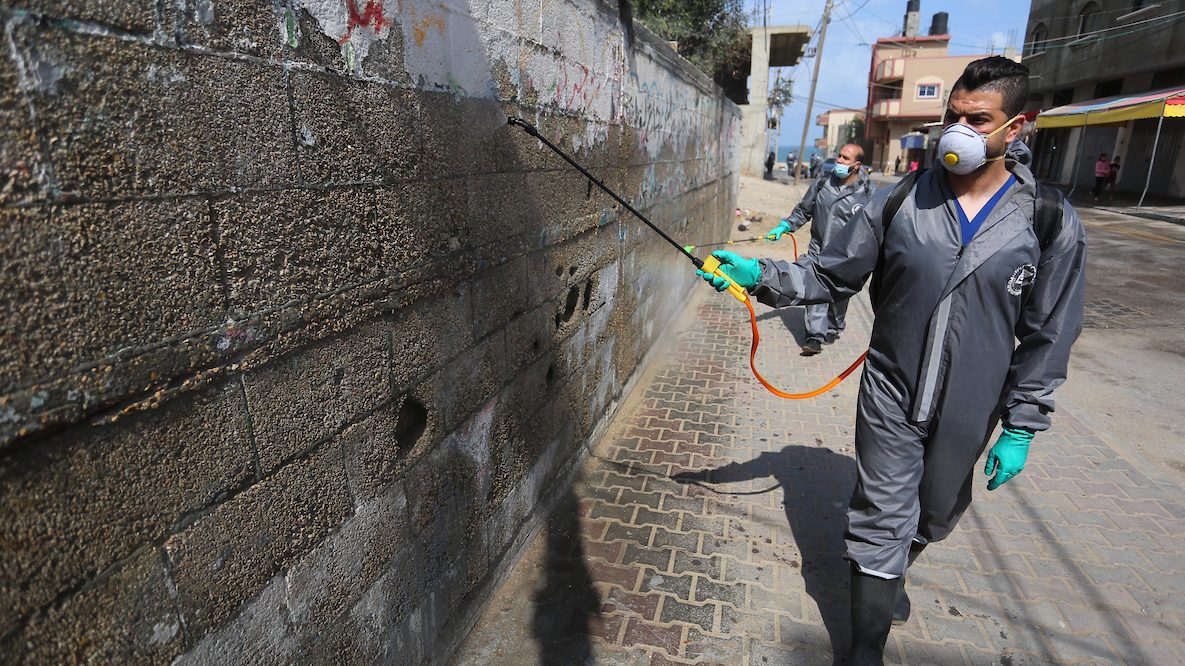In a recent Viewpoint essay in The Lancet, Professor of Development Studies Ken Shadlen considers what the licensing of new COVID-19 antiviral medications might mean for the quest to make essential medicines widely available across the globe.
The World Trade Organization’s (WTO) Agreement on Trade-Related Aspects of Intellectual Property Rights (TRIPS) made pharmaceutical patenting obligatory in all WTO countries, including low-income and middle-income countries (LMICs). Since TRIPS came into effect, a widespread concern has been that this could lead to an increase in the price of medicines and, consequently, have debilitating effects on residents’ access to essential medicines and governments’ health budgets.
To address these potential problems, in 2010 the United Nations launched the Medicines Patent Pool (MPP), providing a vehicle for drug companies to license their patents to generic firms to produce for LMICs. The MPP is based on “pooled” licensing: originator firms strike agreements with the MPP for the patents on particular products, with a designation of which countries generic versions can be sold in (the list of countries is referred to in the licenses as the “territory”), and the MPP in turn arranges agreements with generic producers. Pooled licensing via the MPP is not the only means for pharmaceutical firms to establish global production and supply arrangements. Pharmaceutical firms can work directly with generic firms, licensing their products on their own. However, MPP licences have virtues that, from a global health perspective, make them the preferable form of licensing: MPP licences enable more firms to produce drugs, not just the licensees selected by the originators; MPP licences tend to have larger territories, which means they place fewer limitations on where generic producers can sell their products, frequently allowing exports outside the designated license territories under some conditions; and MPP licences are transparent: they are available for viewing to the public on the MPP website.
Though the MPP was created specifically for AIDS medications, it expanded in the decade after its foundation, and as of 2020 had licences from originator firms for 13 drugs for HIV (including all the WHO-recommended HIV regimens), three for hepatitis C, and one for tuberculosis. With the outbreak of the COVID-19 pandemic in 2020, the MPP further expanded its disease coverage. In late 2022 both Merck and Pfizer licensed their new oral antiviral medications to the MPP. In both cases, the drugs were licensed quickly, before they were approved for use and launched, and the MPP then reached agreements with pharmaceutical firms across the globe (27 firms for Merck’s molnupiravir and 36 firms for Pfizer’s nirmatrelvir) to provide generic versions of these to roughly 100 low-income and middle-income countries.
In a recent Viewpoint essay in The Lancet, I take a step back from the details of the licensing agreements to consider what they could mean for the future of the MPP, and more generally for the quest to make essential medicines widely available even in the world of globalized pharmaceutical patenting created by TRIPS.
Ideally, quick licensing to the MPP for generic production to supply LMICs would become the rule for new drugs, and not the exception for some drugs for some diseases; and MPP licenses would allow generic production for sale in increasingly larger sets of countries. Were that to happen, new drugs would have single suppliers in high-income countries, but less frequently in low-income and middle-income countries, and a key concern about the implications of TRIPS on the global production of, and equitable access to, new pharmaceuticals would be addressed. In the Viewpoint, I consider how the pandemic might have created conditions that altered originator pharmaceutical firms’ orientation toward the MPP, making them more inclined to license their products quickly, and how public policy can build on the opportunity created by these conditions to promote such licensing further. The essay emphasizes the combination of these issues: a normative shift within the pharmaceutical industry generated by the pandemic, and public policies that can build on this shift to lock it in, even if the founding conditions subside.
The full essay is available to read free here.
The views expressed in this post are those of the author and in no way reflect those of the International Development LSE blog or the London School of Economics and Political Science.
Image credit: Prefeitura Campinas via Wikimedia Commons.





